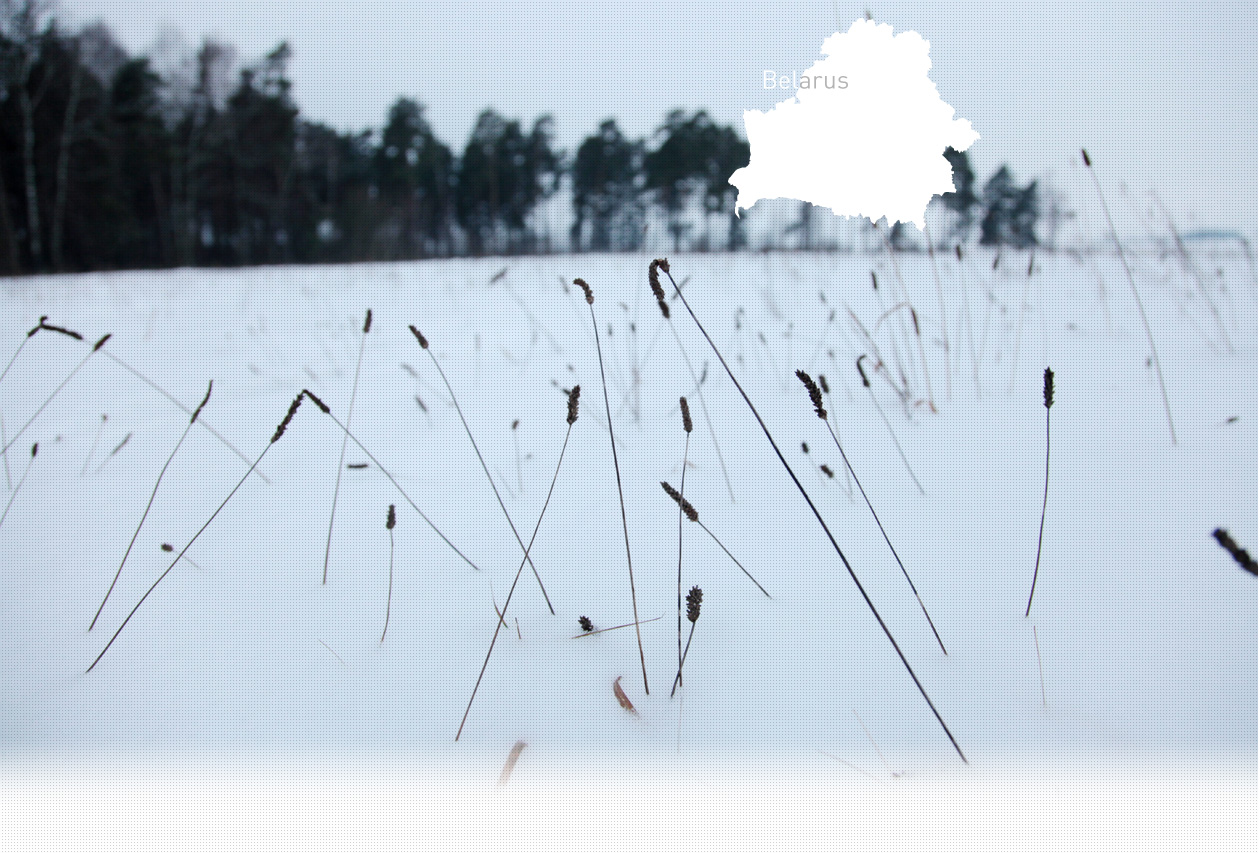

2 Killing site(s)
Viktor P., born in 1928: “The Jews were driven from their homes and forced into the school building by Germans armed with machine-guns who were posted in Korma. They beat the Jews as they moved them along. The Jews were gathered in front of the school building before being forced inside. I remember the Jews having distinguishing badges, yellow stars on their chest." (Witness N°790, interviewed in Korma, on June 13 , 2014)
"The innocent civilian population was interned in a camp installed in the stone building of the school and surrounded by barbed wire. People were imprisoned and subjected to cruel torture, beatings, and were forced to carry out superhuman tasks. More than 700 Soviet citizens were interned in the camp and the prison, including women, the elderly and children. In order to exterminate the Jewish population, the German executioners had established a special cemetery in an anti-tank ditch 500m from Korma, where they carried out the mass shootings. Before bringing people to the cemetery to be shot, they were forced to undress, had their gold teeth torn out, and were beaten with rubber bats. They were then taken to the cemetery, forced to dig their own grave and shot. Between November 7-8, 1941, the mass shooting of civilians and the Jewish population of Korma was organized and supervised by the military governor Rosmeisel. The investigation established that on the night of November 7-8, more than 700 Jews from Korma were shot.” [Act of The Soviet Extraordinary State Commission, drawn up on November 25, 1944, RG- 22.002M.7021-85/215]
Korma is a village located about 110km north of Gomel. The first mention of the Jewish community in Korma dates back to the 19th century. The majority of Jews lived off craftsmanship and small trade. On the eve of the war, 981 Jews lived in Korma, making up 40% of the total population. There were 2 wooden synagogues, both closed before the war, and Jewish schools. Before the war, it was a district center. The German occupation of Korma began on August 15, 1941.
After the occupation of the town by German forces, many Jewish shops and private apartments were looted. In September 1941, two closed ghettos were created. One was located on Chkolnaya Street, in the building of the Jewish school, the other on Abaturov Street, in the administrative buildings. The second ghetto mostly contained Jews rounded up from neighborhood villages. The ghettos guarded by local police. While in the ghetto, the Jewish inmates were subjected to different kinds of forced labor.
The Jews were shot on November 8, 1941, in a trench around 1km outside of Korma. According to eyewitnesses interviewed by Yahad, the Jews had to dig the pit themselves. It is believed that 68 Jews who were too elderly to walk were killed a few days before the liquidation of the ghetto, near the same location. In total, circa. 700 people were killed. The Jewish vitcims’ corpses were exhumed after the war and reburied in the Jewish cemetery.
Do you have additional information regarding a village that you would like to share with Yahad ?
Please contact us at contact@yahadinunum.org
or by calling Yahad – In Unum at +33 (0) 1 53 20 13 17